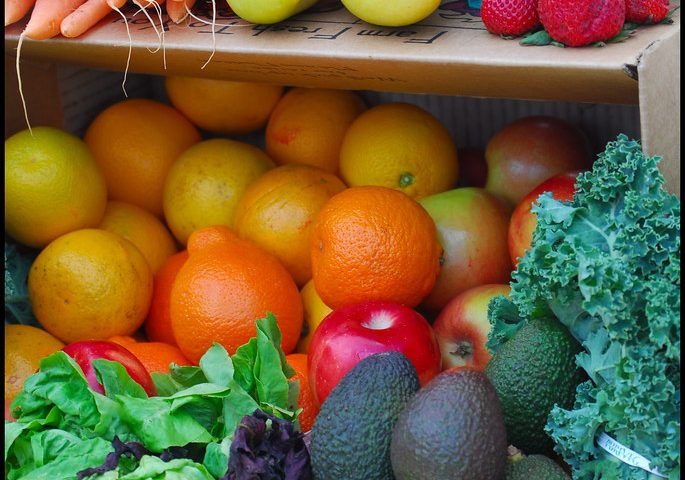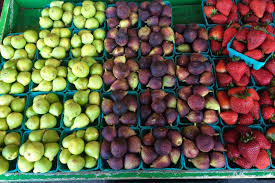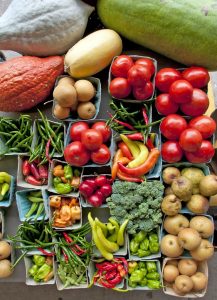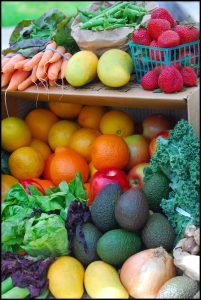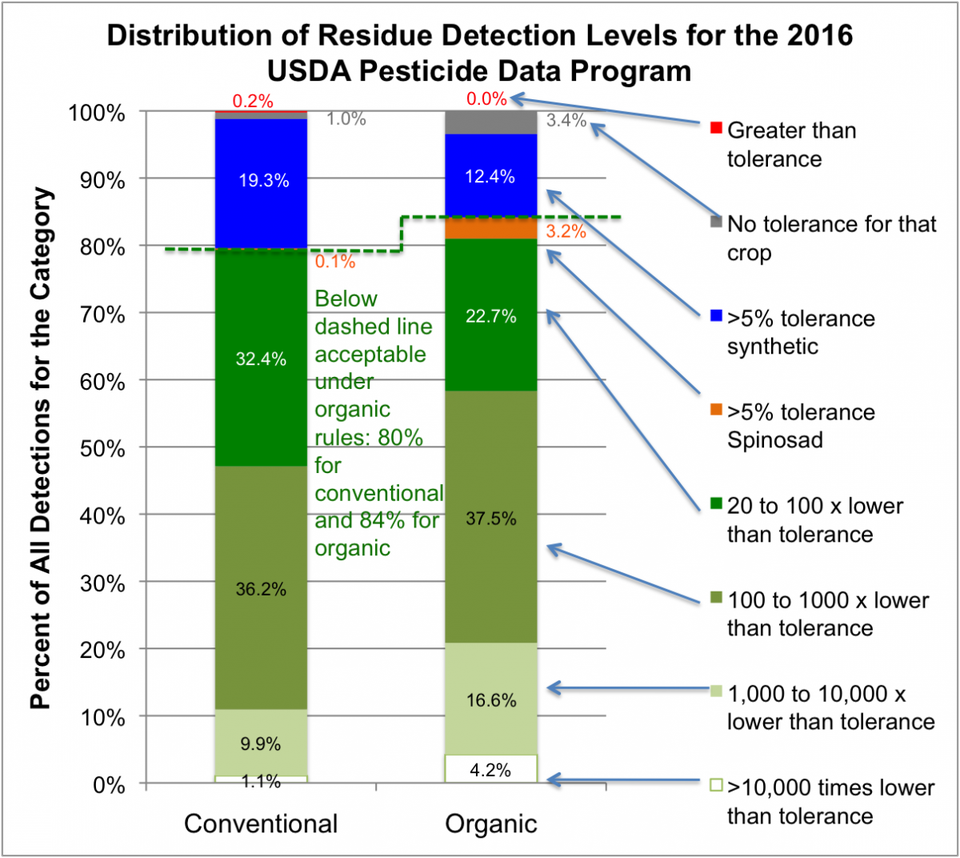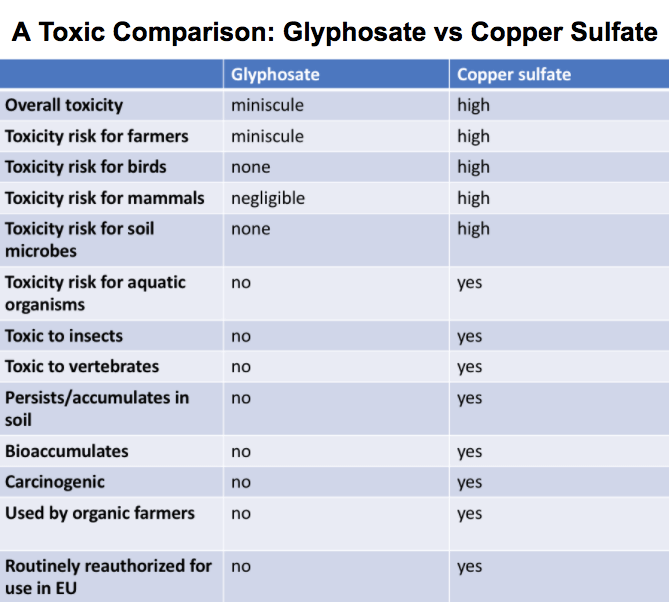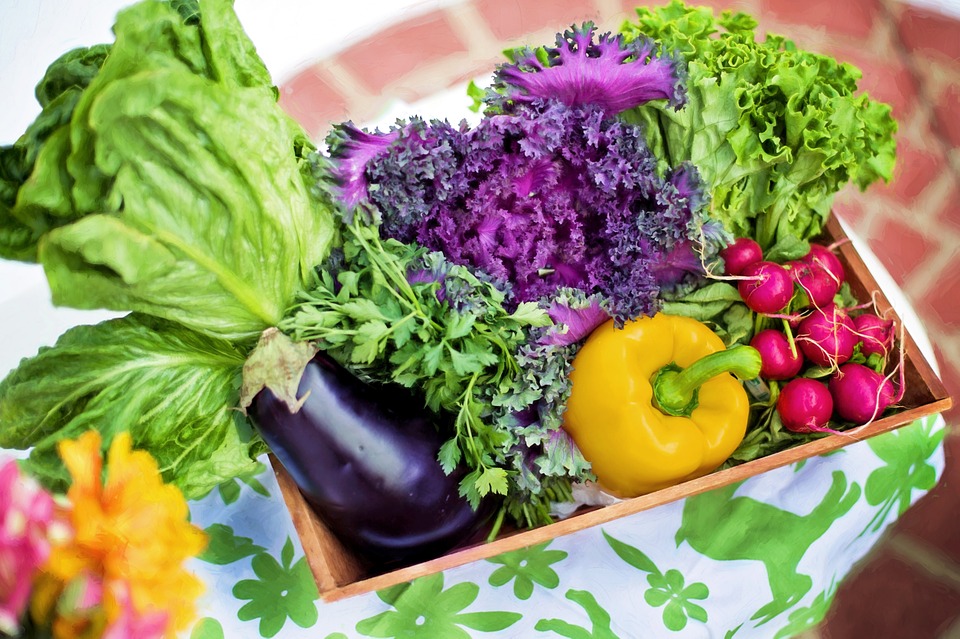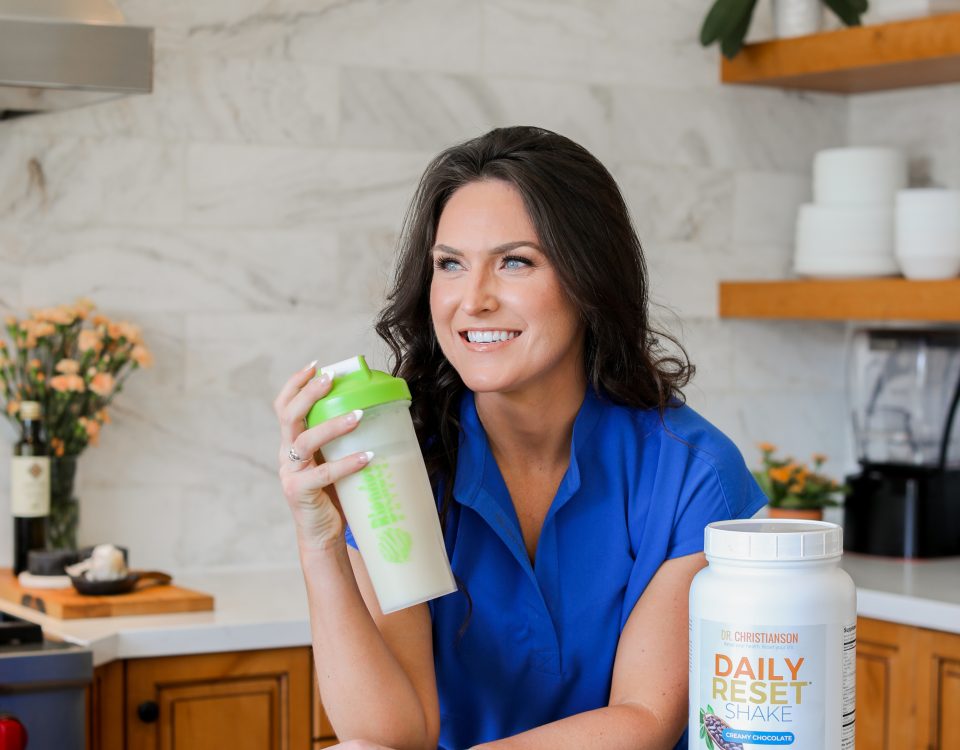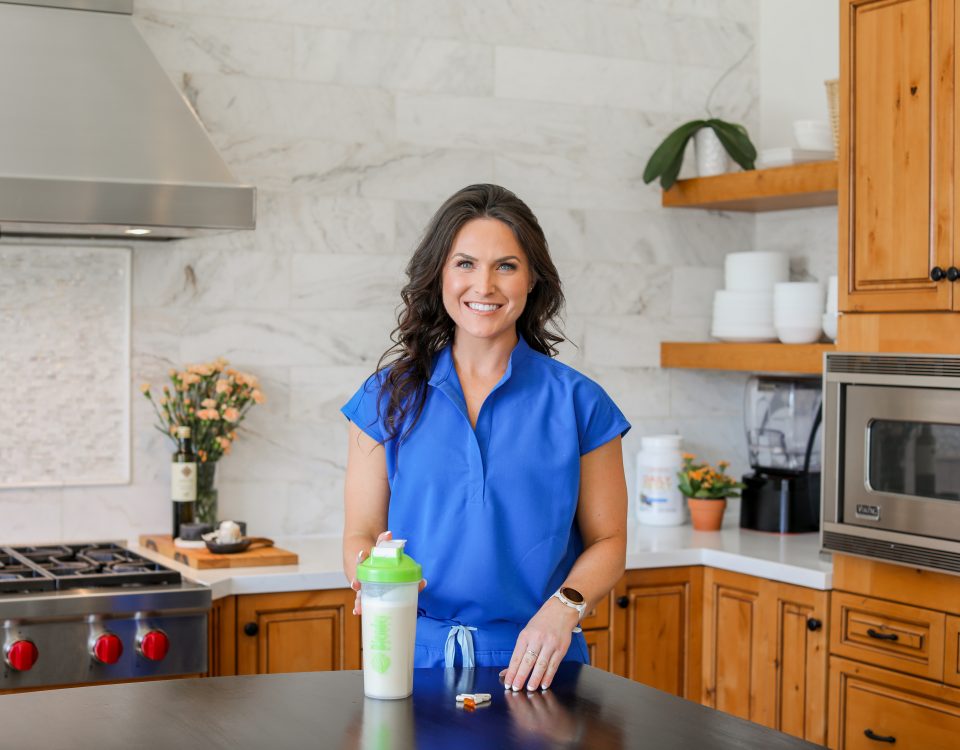This is a huge issue for me because that outcome does not improve people’s health overall. So, the Dirty Dozen’s message is effectively falling on deaf ears, because people not only become more afraid of conventional produce but produce overall.
Again, the data is overwhelming. People who consume more produce are healthier than those who consume less.
Naturally-occurring Pesticides
This is something that I mentioned earlier and promised that I would expand on when the time came. So, basically, we have three types of pesticides:
- Synthetic
- Organic
- Naturally occurring
I want to focus on naturally-occurring pesticides, those which the plants create themselves. There was a large study performed in which researchers looked at 50 of the known pesticides which plants create on their own.2
This is What They Found
“[R]odent carcinogens are present in the following foods: anise, apple, apricot, banana, basil, broccoli, Brussels sprouts, cabbage, cantaloupe, caraway, carrot, cauliflower, celery, cherries, cinnamon, cloves, cocoa, coffee, collard greens, comfrey herb tea, currants, dill, eggplant, endive, fennel, grapefruit juice, grapes, guava, honey, honeydew melon, horseradish, kale, lentils, lettuce, mango, mushrooms, mustard, nutmeg, orange juice, parsley, parsnip, peach, pear, peas, black pepper, pineapple, plum, potato, radish, raspberries, rosemary, sesame seeds, tarragon, tea, tomato, and turnip. Thus, it is probable that almost every fruit and vegetable in the supermarket contains natural plant pesticides that are rodent carcinogens. The levels of these… rodent carcinogens in the above plants are commonly thousands of times higher than the levels of synthetic pesticides.”
That’s a lot of food! The ratio of the pesticides that a plant makes on its own is around 10,000:1 of the number of pesticides that you would get from commercial produce.
The truth is, though, that the amounts of naturally-occurring pesticides in the plants above are not going to be harmful in the typical diet. It is more to make the point of not being afraid of commercial pesticides given the ratio.




